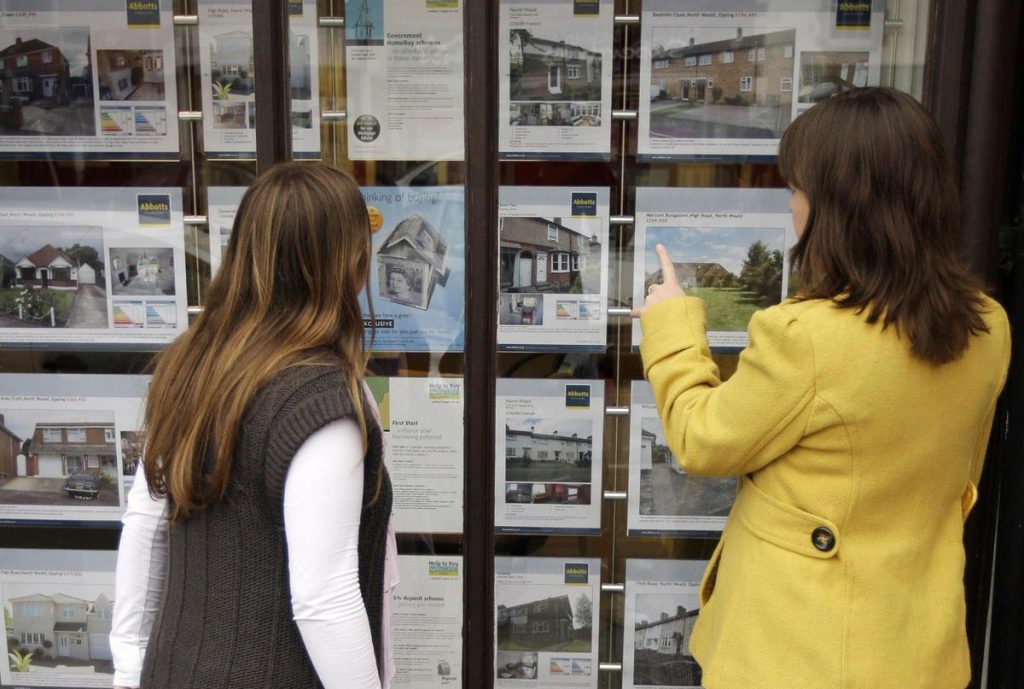There is a lot of interest in the housing market these days. Following a tremendous run-up in real estate prices during the COVID pandemic and a steep increase in mortgage interest rates in 2022, many predicted (or are still predicting) that a housing crash is inevitable. That prediction has yet to come to fruition broadly, although some markets have seen modest declines. In New York City, for example, 2-bedroom units are down around 8% from June 2022. When it comes to real estate, however, individual markets tend to operate in a hyper-local way.
And regardless of the market environment, people are always moving, whether due to a job change, marriage, children, divorce, etc. Which is probably why one of the questions I frequently get asked is whether now is a good time to buy a home.
ADVERTISEMENT
Below are some factors to consider.
Your home is your home, not an investment
I’ve had clients get angry with me over the years, the vast majority of the time, it’s because I suggested they sell their home at some point in the far future. Often, I’ll suggest that they need to access the equity (a polite way of saying ‘you’ll need to sell’) in their 80’s or even 90’s. Doesn’t matter. I’ve never met a homeowner who is eager to sell their home and return to renting.
That is the crux of my argument against the idea that ‘your home is an investment’. It is undoubtedly an asset on your balance sheet, and you may even be able to leverage the equity in the home to buy a bigger and better home down the road. At the end of the day, however, an investment is something that grows in value and which you can then use to buy stuff. For those who never want to sell or downsize their home to access the equity, it is not an investment, it is a home.
ADVERTISEMENT
If you do plan on using the equity to keep climbing the real estate ladder, it may take longer than you think. Throughout the COVID pandemic, I had numerous conversations with friends who very excitedly told me about all the new equity in their homes thanks to a steep rise in home prices across the country. However, they soon realized that all homes in their area had similarly increased in price, so they wouldn’t actually be able to leverage it into a bigger or nicer home. Until you actually start chipping away at the mortgage principle and building equity by paying off the mortgage, a process that takes nearly a decade before you start seeing real progress, rising market prices won’t help all that much. Unless, of course, you would consider selling and downsizing, moving to a cheaper market, or renting.
Mortgage rates
Given the historic rise in interest rates in 2022, particularly contrasted against the equally historic prior decade of low interest rates, some may be questioning whether they’d be foolish to buy given current rates. History helps us put current rates into perspective.
While the 30-year mortgage rate currently sits just below 7%, historically speaking, this isn’t unusual. Twenty-seven out of the last 50 years have seen mortgage rates at or higher than their current levels, and rates have exceeded 5% nearly 38 of those years.
ADVERTISEMENT
Those who were lucky enough to lock in mortgages at rates of 2% or 3% should hold onto them as long as possible. Those who are looking to purchase at current rates should find some comfort in the fact that it can certainly be worse, and look for an opportunity to refinance in the future.
Can You Afford It?
Broadly speaking, mortgage rates only factor into the decision around whether it is a good time to purchase a home because they will influence your monthly payment. Higher rates obviously result in higher payments, which subsequently decrease the price of the home that you can afford.
ADVERTISEMENT
When considering how much you can afford to spend on a home, familiarize yourself with what is known as the front-end ratio, which is the percentage of gross monthly income allocated toward housing expenses. To calculate, add up all monthly expense associated with owning the home and divide by gross monthly income. All housing-related expenses should consume no more than 28% of gross monthly income. In high cost of living areas, this can creep up to 30% or so, but much higher than that will likely leave you feeling “house poor”.
Nearly everyone underestimates the all-in costs associated with owning a home. In addition to the monthly mortgage payments, don’t forget to include property taxes, homeowner’s insurance, HOA fees, and a budget for ongoing repairs and maintenance, which tend to run between 0.5%‑1.0% of the purchase price annually (although could be greater depending on the property type and age of the home).
If you are considering purchasing a second, vacation, home, you will want to know your back-end ratio too, which is the percentage of gross income allocated toward all debt payments (first and second mortgages, car loan, student loan payments, etc.). This ratio should not exceed 36%.
ADVERTISEMENT
Pricing is Relative
Anchoring is the well-known human psychological quirk that causes us to perennially compare the price we are paying today to the price we could have paid yesterday. Or vice versa, causes us to regret buying something yesterday that we could have purchased on sale today. When people ask me whether now is a good time to buy a home, they usually mean ‘do you think prices will go down in the near future’.
Sure, there is economic data around housing inventories and home starts, but today’s price, relative to yesterday’s price or tomorrow’s price, matters a whole lot less than how long you plan on staying in the home.
Reflecting back on the Global Financial Crisis, the most unlucky home buyers who purchased their homes at the height of the market in April 2007 would still have seen 7% cumulative growth in their home’s value over a 10-year period. Not amazing, but certainly not a loss.
ADVERTISEMENT
That’s the beauty of a having a long-term time horizon – you don’t have to get the timing perfect to experience good results. And if you don’t have one, I would argue that you shouldn’t be buying a home.
Think it Through Before Taking the Leap
Buying a home is likely to be the largest financial purchase in your life. When deciding whether now is the right time is to buy, keep in mind that a home is first and foremost, a place to live. If you plan to ride the real estate wave by cashing in on the equity, know that it might not be a quick ride. Mortgage rates might feel high, but historically, they’ve been higher, and people managed just fine.
ADVERTISEMENT
Most importantly, make sure you can actually afford the whole deal (not just the mortgage) and take your time with the decision. Rather than stressing over the short-term ups and downs of the market, focus on the long haul for a happy homeowner’s journey.
Read the full article here










